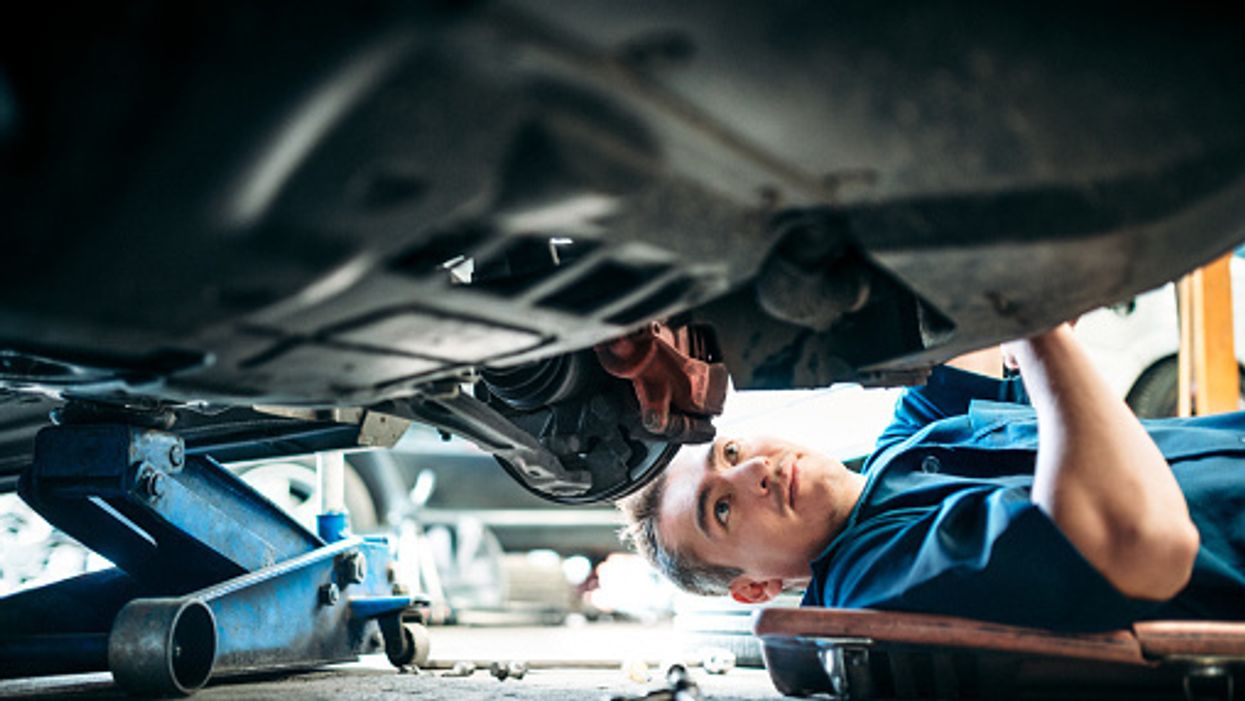Molineaux is the co-founder and executive director of Bridge Alliance , a coalition of more than 90 civic reform groups. (Disclosure: The Bridge Alliance Education Fund is a funder of The Fulcrum.)
Imagine the United States as a car and us – the inhabitants of the country – as a 330-million-member family trying to plan a road trip. We each have a destination in mind (like lower taxes, improved health care, criminal justice reform, addressing climate change) and we've planned the route (path to victory), the activities (organizing), and the site-seeing (small accomplishments along the way). As we set off, we argue and bicker and fight to get the car moving down our chosen path. Then BANG, the car breaks down, emitting a puff of smoke as a wheel falls off.
Now what?
Our country is a broken-down car on the side of the road. Some people may stop and offer help. But unless a qualified technician comes by with the proper tools, we're stuck. And so is our country. Nobody is going anywhere.
Who are the technicians of our democratic republic? The people who know the system inside and out – where the breakdowns are likely to occur and what parts to replace? I would posit that it is those of us in the democratic reform movement. While many of our 330 million family members are on the side of the road bemoaning the lack of progress on their issue of choice, we need to pay attention to the vehicle itself. That is where the reform movement comes in. We are equipped to look at the vehicle as a whole, and that is what will get us where we want to go the fastest.
In our country today, we often hear "We don't have time for reform, we need to get the right people elected and get those no-goods out of office." But what would you do on your family trip if your car was broken down on the side of the road? Would you stand around, arguing with others about who broke it? No, of course not. You would work to get the vehicle fixed. You would probably take a chance with a technician you don't know, but who seems to have a lot of experience. You might watch while they repair the car and offer tools as requested. You might even make some new friends while you're waiting. But you wouldn't continue your trip (to win on your issue) until the car was repaired.
We need to visit the repair shop for our country. We need to find competent technicians who have analyzed where the broken parts are located and have policy ideas, ballot measures and campaigns to correct the system and restore democratic ideals. It's not a matter of arguing over who caused the flat tire or whether the spark plugs need to be fixed before the ________ (fill in your issue here) can be achieved. We need a complete, comprehensive tuneup for our democratic processes. Here are four measures that, together, could get us up and running again.
- Automatic voter registration.
- Mail-in ballots, nationwide. (I know, I miss going to the polls too! But it increases voting by 12 points).
- Redistricting to make all races more competitive and not "safe" for one party or the other.
- Ranked-choice voting or approval voting – more voices and more choices.
If every city, region and state adopted these four measures, we would be up and running within two to four years. We'd be on our way to healthy self-governance.
Are other issues also timely and critical? Yes. But the "winner take all" mentality has caused us to drive our vehicle into a ditch. We will all lose if we don't address the underlying reforms needed to keep our journey on course and this great experiment going.
Let's call the technicians and get to work.




















